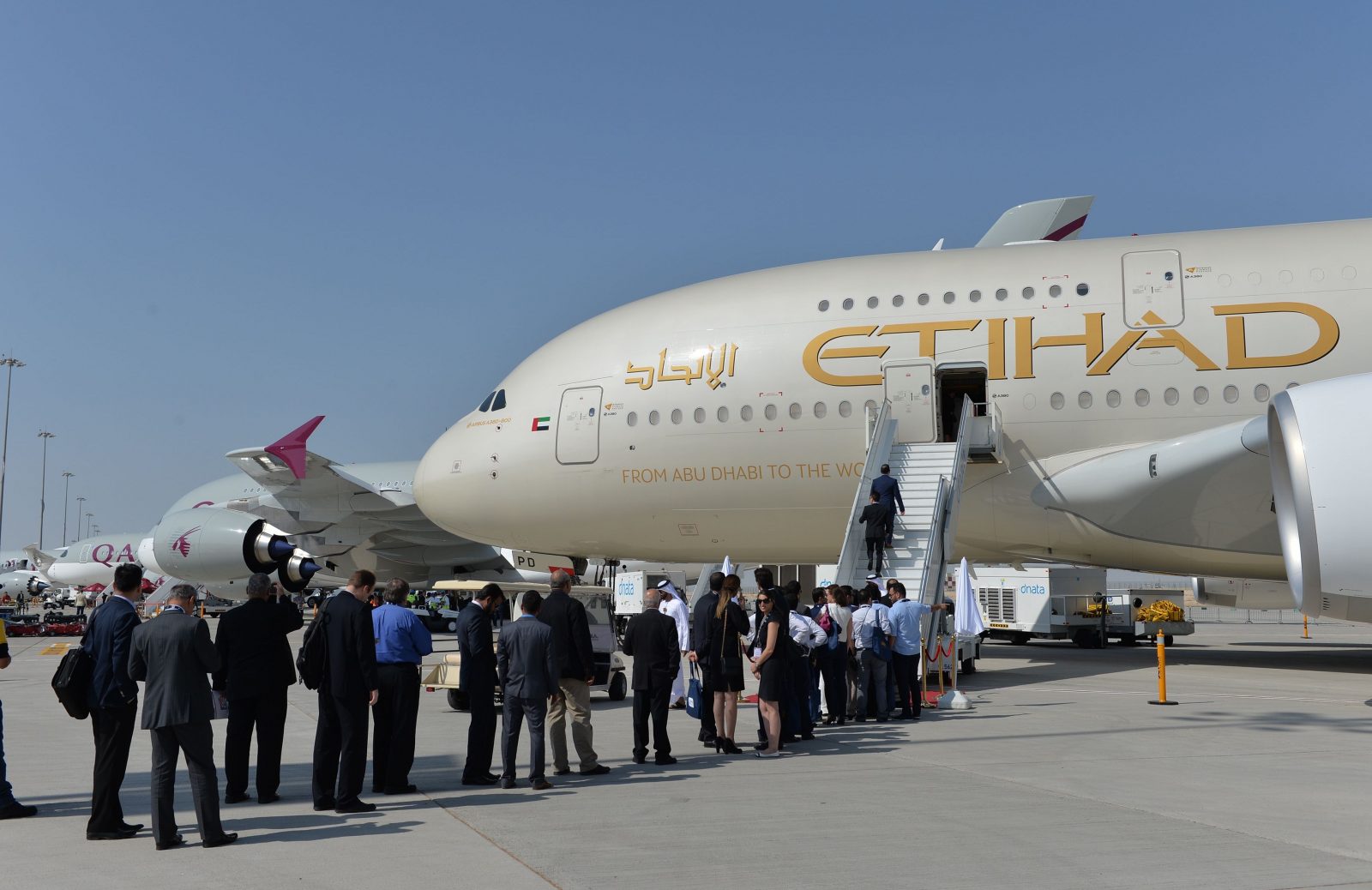
According to several anonymous industry sources quoted by Reuters, the French aerospace giant Airbus is expected to provide an update on the fate of its flagship A380 programme in the coming days. Senior executives are likely to address rumours head-on as the aircraft manufacturer publishes its full-year earnings on 14th February.
Speculation has been rife that Airbus will pull the plug on its double-decker A380 after failing to secure enough new orders to keep the programme financially viable. Only last week, Australian flag carrier Qantas officially cancelled its exisiting order for eight more A380s.
Qantas currently operates 12 of the superjumbos and they have largely served the airline well – but as its business strategy has evolved the need for an aircraft with so much capacity like the A380 has become pretty much non-existent. Plans to actually ever complete its order and take delivery of the remaining eight A380’s have been dead for years – nonetheless, the timing of the announcement took many by surprise.
It came just weeks after Airbus was forced to issue a statement confirming it was in talks with the Dubai-based Emirates over its A380 contract. The Persian Gulf carrier is by far the largest operator of the superjumbo and a $16 billion deal last year for 36 more was seen as a vital lifeline to keep the A380 project up and running.
Airbus has been otherwise unsuccessful in convincing any other new or existing operators to order the A380 in years but even Emirates, who have over a hundred of the aircraft currently in its fleet are having second thoughts. Instead, Emirates is said to be weighing up converting some of its existing order for 53 A380’s into Airbus’ next-generation A350.
Sources say Emirates has been unhappy with the performance of Rolls-Royce engines on some of its A380 aircraft but engine manufacturers have little interest in spending money on R&D with such small potential for a return on their investment. Airbus has tempted to lure airlines with so-called “cabin enablers” that would increase seating capacity but no carrier has so far taken the bait.
Willie Walsh, the chief executive of European airline group IAG, however, thinks all Airbus needs to do to shift more A380’s is to lower the price of the $445 million machines. Walsh recently told reporters that British Airways would be interested in adding more A380’s to its existing fleet of 12 but that he had told Airbus they needed to be “robust” in the pricing of the aircraft.
British Airways had previously toyed with the idea of buying second hand A380’s but eventually decided that the costs of refitting the aircraft to suit their needs was prohibitively expensive. The second-hand market for A380’s is pretty much non-existent with only one ever bought – to the Portuguese wetlease carrier HiFly.
Unless the deadlock between Emirates and Airbus can be broken, analysts expect production to come to an end in 2020.
Mateusz Maszczynski honed his skills as an international flight attendant at the most prominent airline in the Middle East and has been flying ever since... most recently for a well known European airline. Matt is passionate about the aviation industry and has become an expert in passenger experience and human-centric stories. Always keeping an ear close to the ground, Matt's industry insights, analysis and news coverage is frequently relied upon by some of the biggest names in journalism.







